2015/16
Writing faculty in SAGES work in two primary roles: providing supplemental and one-on-one support in the Writing Resource Center (WRC), and teaching in SAGES First and University Seminars.
SAGES writing faculty act as Writing Resource Center Instructors, providing ten hours of scheduled tutoring time per week in the Writing Resource Center. This includes one-on-one writing instruction, consulting with SAGES students and instructors, developing writing support materials for the Writing@Case website, etc.
In SAGES seminars, writing instructors fulfill a number of roles:
They can work with the Collaborative Teaching Model. This is when the faculty seminar leader would like to share instructional responsibility with a writing instructor, which includes all aspects of the course: from syllabus and assignment design through final assessment.
There is also the Consultation Teaching Model, where the faculty seminar leader would like sustained writing consultation throughout the semester, including a writing instructor who attends and participates in approximately half of her/his class meetings and provides additional workshops and student feedback.
There is the Workshop Teaching Model, where the faculty seminar leader is comfortable supporting her/his students’ writing, but would like the WRC to provide a few writing workshops and to assign a single Writing Instructor to her/his course so that she/he may give students that person’s contact information.
Finally, SAGES English Lecturers often also teach their own courses. Their courses this year are noted below.
MARY ASSAD
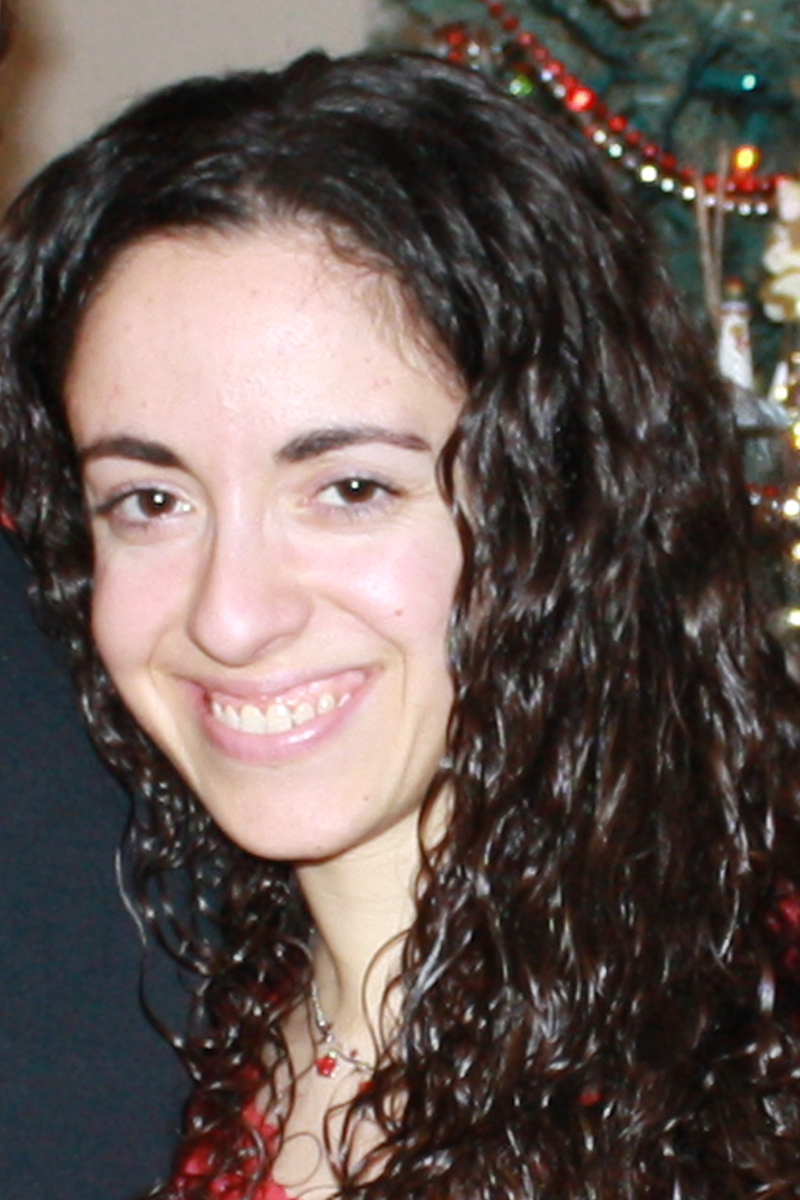 (Spring) – USSY291I – The Illness Narrative
(Spring) – USSY291I – The Illness Narrative
(Fall) – FSCC100 – Life of the Mind
I am a 2014 graduate of CWRU, where I received my PhD in English with a research focus in medical rhetoric. I received my MA in English from CWRU in 2009 and my BA in History from Baldwin-Wallace College 2006. In research, I am especially interested in how knowledge about health, medicine, and the body reaches the general public and the role that persuasive language plays in shaping individuals’ beliefs, attitudes, and actions related to health and disease. I am also interested in the rhetorical functions of personal narrative within public discourse. My dissertation, Gender, Illness, and Narrative: A Rhetorical Study of the American Heart Association’s Go Red For Women Campaign, examines how a major health promotion campaign seeks to persuade women not only to adopt healthy actions but also to engage in certain communicative practices including personal storytelling. As a writing instructor, one of my goals is to bring my research into the classroom and ask students to consider the various definitions of health that circulate in public discourse, both verbally and visually. What does it mean for one to be healthy in today’s society? What values are attached to health? To disease? What does health look like? What communities have formed around health and disease, and what identities are attached to these communities? In addition to asking students to study the social meanings and implications of health, I challenge students to think about the ways that health can be defined, discussed, written about, and promoted on their university campus. In these ways, I hope to encourage students to think critically about health as a social concept but also to think practically about health as an immediate and local concern.
MATTHEW BURKHART
 (Fall) FSNA124 – The Challenge of Sustainability
(Fall) FSNA124 – The Challenge of Sustainability
(Fall) FSNA160 – Technological Development and Public Perception
(Fall) USNA211 – Einstein, Space and Time
In his writing and teaching, Matt Burkhart works at the dynamic intersections of environmental humanities, multiethnic American literature, Indigenous and Regional studies in the era of globalization—especially with respect to the U.S. Southwest. His current writing project, “Travels in the Glittering World: Transcultural Representations of Navajo Country,” addresses how Euroamerican nature writers and Navajo (Diné) writers and filmmakers have depicted the Navajo Nation as a respite from 20th Century modernity, a vital homeland, as well as a site for affirmation of cultural sovereignty and environmental justice. He earned a B.A. through the University of Colorado’s Honors Program and completed Master’s work in English and American Studies before finishing his Ph.D. in English at the University of Arizona. His writing has been published in Western American Literature and ISLE: Interdisciplinary Studies in Literature and The Environment. Before coming to CWRU, he served as a full-time Instructor in Northern Arizona University’s Comparative Cultural Studies Program and then as a Visiting Assistant Professor at Colby College. Building upon the constellation of texts he teaches in courses such as “Reading Nature Otherwise” and “The Built Sublime,” he is establishing foundations for a second book project on “The Emergent Global Sublime.” That manuscript focuses on global literature, photography, and cinema that calls upon the aesthetics of the sublime to provoke ethical reflection upon anthropogenic transformations of the more-than-human world.
CARA BYRNE
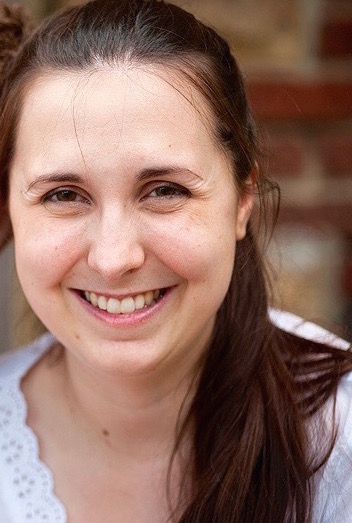 Cara Byrne’s teaching and research interests are centered around studying literary and visual texts, exploring race, gender, and age. Her current book project, Illustrating the Smallest Black Bodies: The Creation of Childhood in African American Children’s Literature, 1836–2015, analyzes visual representations of black childhood in picture books. She investigates how images communicate belief systems, function in a different rhetorical framework than works created chiefly for adult audiences, and redefine previously constructed visual statements, ultimately affecting larger assumptions about American childhood and racial identity. She has published articles on visual rhetoric in picture books based on Shakespeare’s Romeo and Juliet in ImageTexT and on matrophobia in Suzanne Collins’ The Hunger Games series, and has several forthcoming articles, including an analysis of adapted picture books based on Zora Neale Hurston’s anthropological writings in Children’s Literature Association Quarterly. Prior to earning her Ph.D. and MA in English at Case Western Reserve University, she earned a BA in English and a BS in secondary education at Bowling Green State University and worked at an educational non-profit in Akron, Ohio.
Cara Byrne’s teaching and research interests are centered around studying literary and visual texts, exploring race, gender, and age. Her current book project, Illustrating the Smallest Black Bodies: The Creation of Childhood in African American Children’s Literature, 1836–2015, analyzes visual representations of black childhood in picture books. She investigates how images communicate belief systems, function in a different rhetorical framework than works created chiefly for adult audiences, and redefine previously constructed visual statements, ultimately affecting larger assumptions about American childhood and racial identity. She has published articles on visual rhetoric in picture books based on Shakespeare’s Romeo and Juliet in ImageTexT and on matrophobia in Suzanne Collins’ The Hunger Games series, and has several forthcoming articles, including an analysis of adapted picture books based on Zora Neale Hurston’s anthropological writings in Children’s Literature Association Quarterly. Prior to earning her Ph.D. and MA in English at Case Western Reserve University, she earned a BA in English and a BS in secondary education at Bowling Green State University and worked at an educational non-profit in Akron, Ohio.
ERIC CHILTON
(Spring) – USNA287M – Environmental Justice
(Fall) – FSNA161 – Making Sense of Place
(Fall) FSSO143 – Making Decisions
(Fall) USSO286L – Exploring Nonprofit Organizations
(PhD Univ of Arizona) – SAGES Portfolio Coordinator – Ecocriticism, Cultural Studies, Native American Literature and Culture
ANA CODITA
(Spring, Fall) FSCS150
(Fall) – FSCC100 – Life of the Mind
I received my PhD in Applied Linguistics and Professional Writing from Oklahoma State University and joined the English Department at Case Western Reserve University in Fall 2014. I currently teach seminar-based writing courses to ESL students in the SAGES curriculum. My research and teaching interests include English for Academic Purposes (EAP), English for Specific Purposes (ESP), second language writing, simulation and gaming, technical writing, and intercultural rhetoric.
JOE DeLONG
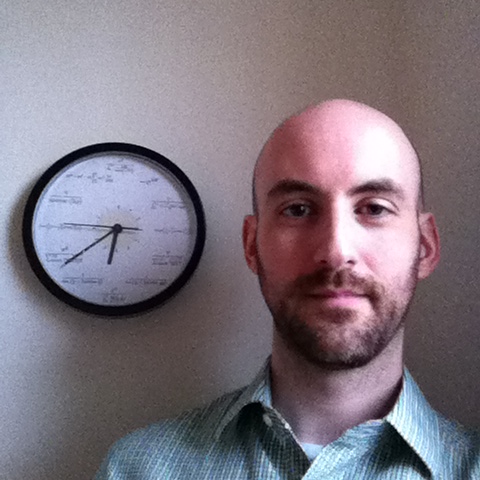 (Spring) – USSY290V – Experiencing Mathematics
(Spring) – USSY290V – Experiencing Mathematics
(Fall) – FSCC100 – Life of the Mind
(Fall) FSSO171 – Prediction
(Fall) FSSY169 – What’s In a Face?
PhD, University of Cincinnati
English and comparative literature
My interests include poetry, translation, contemporary American literature, Japanese language and literature, and mathematics.
I’ve designed and taught USSY 290V, Experiencing Mathematics, which involves instruction in both writing and mathematics.
Poetry publications
“Zero.” Nimrod (forthcoming).
“I Don’t Watch Too Many Movies.” Lullwater Review (forthcoming).
“I Took a While to Respond.” Lullwater Review (forthcoming).
“The Key Is Ready for Pickup.” Lullwater Review (forthcoming).
“Suspense.” Translation (with Noriko Hara) of “Sasupensu,” by Ken’ichi Sasō. Painted Bride Quarterly (forthcoming).
“Gathering.” Mantis 13 (2015).
“Favor.” Roanoke Review 36 (2014).
“Gift.” Translation (with Noriko Hara) of “Okurimono,” by Ken’ichi Sasō. Forklift, Ohio 28 (2014).
“The Planet of Hearts.” Translation (with Noriko Hara) of “Shinzō no hoshi,” by Ken’ichi Sasō. Forklift, Ohio 28 (2014).
“Everyone, I’m Leaving.” Puerto del Sol 49.2 (2014).
“You’d Have to Get Up Pretty Early.” Mid-American Review 25.2 (2005).
GUSZTAV DEMETER
(Spring, Fall) – FSCS150
(Fall) – FSCC100 – Life of the Mind
Gusztav Demeter has been teaching in the SAGES ESL Writing Program since Fall 2011. He received his PhD in English with concentrations in applied linguistics and TESL from Oklahoma State University in 2011. His main research interests include Cognitive Linguistics, Construction Grammar, corpus linguistics, and second language writing. Most recently, he has been studying apologies from a Construction Grammar perspective as well as the use of simulations in teaching English for Academic Purposes.
SCOTT DILL
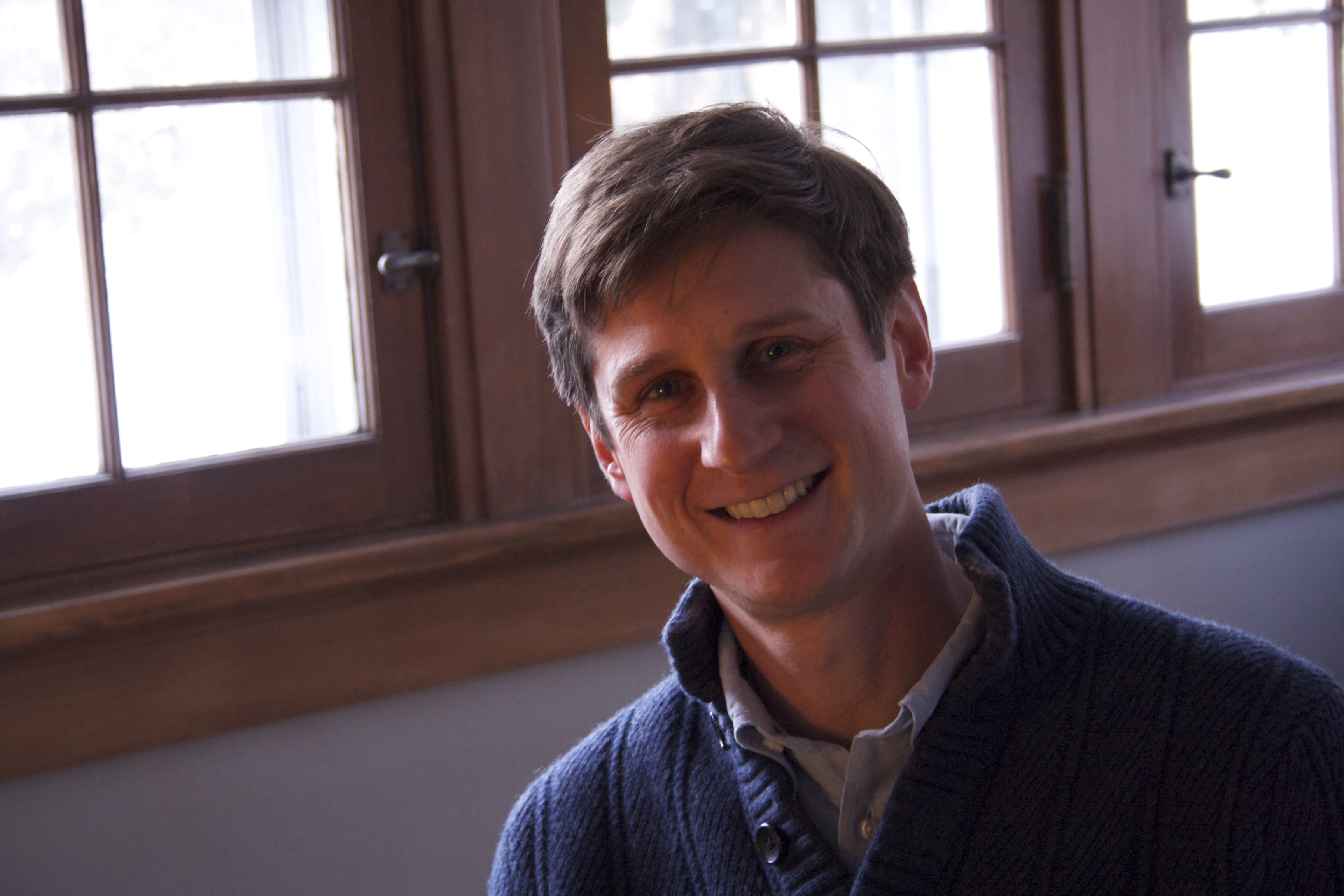 (Spring) – USSY290Z – Secularization and the Culture of Belief
(Spring) – USSY290Z – Secularization and the Culture of Belief
(Fall) FSSO160 – Brazil
(Fall) – FSSY175 – God and the American Writer
Scott Dill teaches and writes about how contemporary cultural forms portray the experience of belief. In the classroom, this translates into challenging students to think through the cultural histories that shape our everyday assumptions about meaning and significance. His writing on these topics has appeared (or will soon appear) in boundary 2, Books & Culture, The Christian Century, Critique, Christianity and Literature, Literature and Theology, Religion and Literature, as well as other edited collections. He received a BA from Wheaton College in Philosophy and English, as well as an MA and PhD from the University of North Carolina at Chapel Hill in English and Comparative Literature. Right now he is working on a book about the relationship between literary style and moral emotions.
SUSAN ROSE DOMINGUEZ
(Fall) – FSCC100 – Life of the Mind
(Fall) FSNA120 – The Impact of Materials on Society
(Fall) FSNA158 – Making and Manufacturing Today
(Fall) USSO289C – Ethics for the Real World
(PhD Michigan State Univ) – Native American Literature and Culture
Susan Rose Dominguez holds a PhD with honors in American Studies from Michigan State University with concentrations in American Indian Studies and Women’s Studies. Her research focuses on American Indian Boarding and Canadian Residential Schools, and representations of Native peoples. Her current book project is the biography of Yankton Sioux writer, Zitkala-Ša (1876-1938). Prior to joining CWRU’s English Department and SAGES Program in the fall of 2008, Dominguez taught American Indian Studies at the University of Wisconsin-Milwaukee and the University of Iowa. At Case Western, Dominguez uses her English studies from the University of Wisconsin-Madison in interdisciplinary writing-intensive seminars on Indigenous Environmentalism as well as seminars tailored to second language and foundational learners, such as Academic Conversations, Dignity and American Indians and One World Many Cultures. Dominguez has published in the Centennial Review, Studies in American Indian Literatures, American Music Research Center Journal, reference encyclopedias on American Indian and Women’s history, and the International Writing Centers Association Newsletter. She wrote the new introduction to Zitkala-Ša’s American Indian Stories, “Zitkala-Ša: The Representative Indian” reissued by the University of Nebraska Press in 2003 (orig. 1921). At Case, Dominguez serves as the faculty advisor to the student group, Indigenous Alliance @CWRU. Locally, she is a member of the Native American Culture Garden focus group in Cleveland and nationally, serves on the and Board of Directors of Wordcraft Circle of Native Storytellers and Writers.
TRACEY HALLMAN
(Fall) FSSO120 – Social Policy
(Fall) FSSO152 – Decision-Making in Everyday Life
(Fall) USSO287E – 21st Century Power Shifts
JOHN HIGGINS
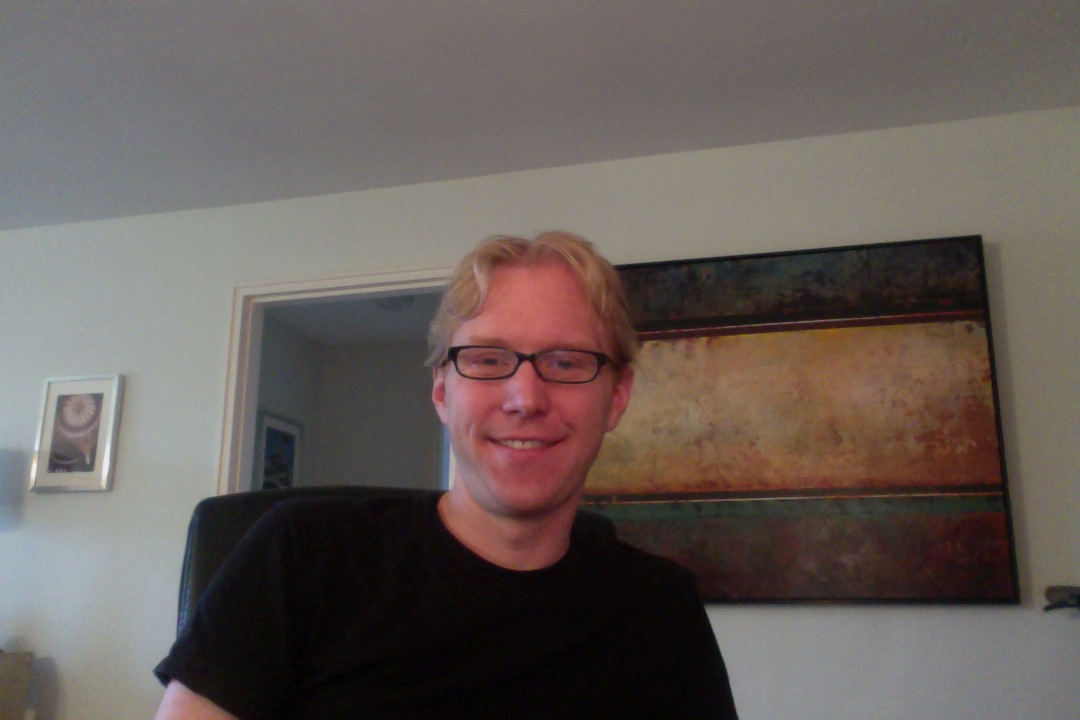 (Spring) – USSY291G – Revenge, Violence, Laughter
(Spring) – USSY291G – Revenge, Violence, Laughter
(Fall) FSNA150 – Hobbies
(Fall) USNA288I – Beyond Silicon Valley
(Fall) USSO290P – Listening
John Higgins received his Ph.D. in Literatures in English from the University of California – San Diego with a specialization in the literatures and cultures of 16th and 17th century England. His research explores the intersection between Literary Studies, Social History, and theories of the public sphere by studying dramatic texts, popular print culture, legal and political documents, and other archives that provide records of the active role that non-aristocratic men and women played in shaping and participating early modern English governance. He has published articles in English Literary Renaissance and the Journal of Early Modern Studies, and is currently working on a book manuscript on early modern drama and popular politics. Due to his interdisciplinary research and academic training, he has had the opportunity to teach a broad range of courses, including surveys of Western Humanities, World Cultures and British Literature, Shakespeare, Elizabethan and Jacobean Drama, and collaborative courses in the SAGES Program with colleagues in Engineering, Business and Astronomy. Inspired by his research and thinking on the public sphere, he believes that learning, should aspire to be an active, collaborative process where students create knowledge through research, discussion, and writing.
JOSHUA HOEYNCK
(Spring) – USSY290Y – Ecotopia
(Fall) – FSCC100 – Life of the Mind
(Fall) FSNA159 – Nanotechnology in Medicine
(Fall) FSSO164 – Social Change, Genes and Environment
(PhD Washington Univ in St Louis) – 20th C American Poetry, Environmental Studies
DENNA IAMMARINO
(Spring) – USSY291F Literary Arcadias: Idealized Landscapes and the Intrusion of Reality
(Fall) – FSCC100 – Life of the Mind
(Fall) FSNA133 – Engineering Innovation and Design
(Fall) FSSO178 – Crafting Your Own Freedom
(PhD Marquette) – Early Modern British Literature, Renaissance Epic and Spenser
CAITLIN KELLY
KRISTINE KELLY
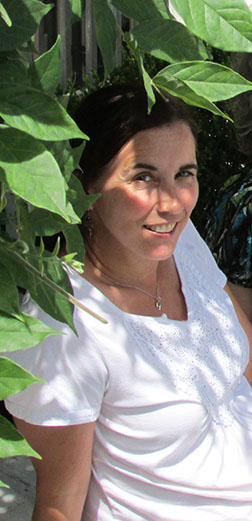 (Spring) – USSY288I – Diversions
(Spring) – USSY288I – Diversions
(Fall) FSNA104 – Archeastronomy
(Fall) FSNA144 – Is Mind What the Brain Does?
(Fall) – FSSO151 – Border Crossings
(Fall) FSSY167 – Films and Novels About 9/11
(Fall) USSO290N – Perspectives on Death and Dying
(PhD Case Western Reserve Univ) – Postcolonial Literatures, Nineteenth-Century British Literature
Kristine Kelly is a Lecturer in English at CWRU, teaching primarily in the SAGES program. She earned her PhD at CWRU and her MA (Literary Studies) at the University of Cape Town. Her research and teaching focus on British colonial and post-colonial Anglophone literature and cultures. She also studies and writes about digital literature and digital pedagogy. In addition to teaching writing in SAGES co-instructed classes, she teaches SAGES classes on stories of empire and colonial contact, travel, experimental narratives and new media, and electronic literature.
Website: https://knkelly.wordpress.com/
SHUN KIANG
 I received my Ph.D. in English from Northeastern University in 2015. My research and teaching spans late Victorian and Edwardian literature, postcolonial and Anglophone literature, and ecocriticsm and literary animal studies. Prior to my current position as Lecturer in the SAGES Program at Case Western Reserve University, I was a visiting assistant professor at Stetson University, 2016-2017, and an assistant professor at Bunker Hill Community College. My article on colonial friendship in E. M. Forster’s A Passage to India and a book chapter on animal-human relations in J. R. Ackerley’s My Dog Tulip were published in 2016. Currently I am at work on two new articles: on the small spaces of colonial Hong Kong in Shih Shu-Ching’s novel City of the Queen and on human intervention as natural disaster in H. G. Well’s The Island of Doctor Moreau, for the Global South Journal and an edited collection on Victorian environmental nightmares respectively.
I received my Ph.D. in English from Northeastern University in 2015. My research and teaching spans late Victorian and Edwardian literature, postcolonial and Anglophone literature, and ecocriticsm and literary animal studies. Prior to my current position as Lecturer in the SAGES Program at Case Western Reserve University, I was a visiting assistant professor at Stetson University, 2016-2017, and an assistant professor at Bunker Hill Community College. My article on colonial friendship in E. M. Forster’s A Passage to India and a book chapter on animal-human relations in J. R. Ackerley’s My Dog Tulip were published in 2016. Currently I am at work on two new articles: on the small spaces of colonial Hong Kong in Shih Shu-Ching’s novel City of the Queen and on human intervention as natural disaster in H. G. Well’s The Island of Doctor Moreau, for the Global South Journal and an edited collection on Victorian environmental nightmares respectively.
SHAOFEI LU
JAMES NEWLIN
 James Newlin received his PhD in English from the University of Florida. His research is primarily concerned with the reception of Shakespeare in intellectual history, though he has also published articles on film and contemporary literature. His writing on these topics has appeared in SubStance, Philip Roth Studies, ImageText, and in other edited collections. He is currently developing a book project on allusions to King Lear in Romanticism and in the critiques of Romanticism by Søren Kierkegaard and Jacques Lacan. Before joining the SAGES program at CWRU, James taught literature and composition at a number of institutions in Florida, including serving as Assistant Professor of English at Webber International University. A complete CV is available at his personal website.
James Newlin received his PhD in English from the University of Florida. His research is primarily concerned with the reception of Shakespeare in intellectual history, though he has also published articles on film and contemporary literature. His writing on these topics has appeared in SubStance, Philip Roth Studies, ImageText, and in other edited collections. He is currently developing a book project on allusions to King Lear in Romanticism and in the critiques of Romanticism by Søren Kierkegaard and Jacques Lacan. Before joining the SAGES program at CWRU, James taught literature and composition at a number of institutions in Florida, including serving as Assistant Professor of English at Webber International University. A complete CV is available at his personal website.
GABRIELLE PARKIN
(Spring) – USSY291B – Science (Fiction) Dystopias
(Spring) USNA287U – Energy: The Great Challenge Ahead
(Spring) USSO290E – The Evolution of Running
(Fall) – FSCC100 – Life of the Mind
(Fall) FSSO157 – Touch
(Fall) USSO290I – Patient Behavior
(Fall) USNA287T – American Science
Gabrielle Parkin (Ph.D., University of Delaware) works on late medieval English literature and is most interested in understanding how merchants and artisans of the fourteenth and fifteenth centuries experienced their material world. Through her work she seeks to interpret domestic goods, like clothing and prayer books, through their affective and sensual histories. Gabrielle became interested in the material culture of the late medieval world as a way to share seemingly difficult or inaccessible texts with students. An enthusiastic teacher of writing and literature across time periods, Gabrielle designs courses so that students interact with music, film, and objects to understand the text and its audience’s passions, desires, and fears. Gabrielle also enjoys giving presentations to the general public. She has given numerous talks on the tactile experience of medieval prayer books and on medieval clothing, and welcomes the opportunity to speak to any group interested in the late medieval world.
STEVE PINKERTON
(Fall) FSSO128 – Leadership
(Fall) USNA288J – Energy Systems
(Fall) USSO290M – Race, Class and Education
Steve Pinkerton teaches and writes about twentieth-century literature. Before coming to Case Western he taught at Cornell University, the University of Colorado at Boulder, and the University of Texas at Austin. His first book, Blasphemous Modernism: The 20th-Century Word Made Flesh (Oxford, 2017), shows how a shared commitment to blasphemy shaped the modernist imagination from Ulysses to The Satanic Verses. His other writings reflect a range of interests in modern culture—including literary engagements with jazz, psychoanalysis, and the second law of thermodynamics—and have appeared in Modernism/Modernity, Studies in the Novel, Paideuma, the Journal of Modern Literature, and the African American Review.
LUKE READER
(Fall) FSSO123 – Ten Developments That Are Shaking The World
(Fall) FSSO159 – Gender and Adolescence
ARTHUR RUSSELL
(Fall) USNA287G – Genes, Genomes and Society
(Fall) USNA288K – Burn, Baby, Burn!
MARTHA SCHAFFER
(Fall) – FSCC100 – Body, Mind, Emotions (Foundational Writing)
(Spring) – USSO290B – Contemporary American Rhetoric
Martha Schaffer is the Director of Foundational Writing and a Lecturer in the English Department. As Director of Foundational Writing, Martha is responsible for first-year writing program placement, development of curriculum and programming for foundational writers, and faculty support and outreach. She also teaches Foundational Writing First Seminars for first-year students in the SAGES program. These courses offer intensive writing instruction focused on the conventions of academic writing as well as effective writing habits and processes to encourage competency and confidence in writers who are new to the university. Martha recently completed her PhD in English, with specialization in rhetoric and composition, at Bowling Green State University, where she taught first-year composition courses and worked as a mentor to new graduate teaching assistants in the General Studies Writing Program. Her research explores student writer self-assessment practices and seeks a useful definition of “potentiality” to help students recognize and consider their capacities for growth and development into future writing projects and writing selves. Currently, Martha teaches first-year and advanced writing courses in the SAGES curriculum and the English Department. She is passionate about the theory and practice of teaching writing to student writers and teachers, and helping students to realize their potential as thinkers, writers, and community members. For more, see Martha’s website.
ANTHONY WEXLER
Anthony Wexler (PhD, Johns Hopkins University) studies postwar American literature, specializing in Jewish literature and the Holocaust in American life. He has held research and teaching fellowships at Colby College, the United States Holocaust Memorial Museum, Johns Hopkins University, and Northwestern University. He has also studied traditional Jewish texts at yeshivas in Israel and New York. His current book project is titled At a Distance of Years: The Novel of Aging in the Shadow of Auschwitz. In it, he examines how a group of late-life novels challenge the ways the Holocaust has been received and represented in American life.
JOHN WIEHL
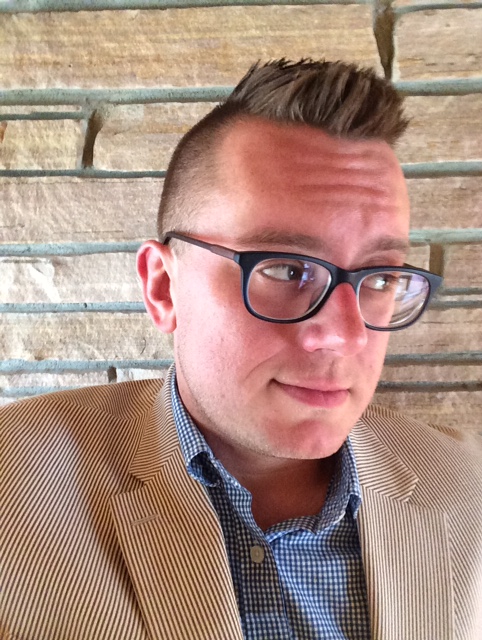 (Fall) FSNA135 – Introduction to BioDesign
(Fall) FSNA135 – Introduction to BioDesign
(Fall) FSSO174 – Smartphones
(Fall) FSSY168 – Literature of Flyfishing
John Wiehl has interests in the practice of representative democracy, literary forms, religious history, and cultural theory. His research and teaching range across nineteenth century British literature, from Romantic era poetry to later Victorian novels. He received a PhD from the University of Florida and MA and BA degrees from the University of Kansas, and he has also taught at Cornell College.




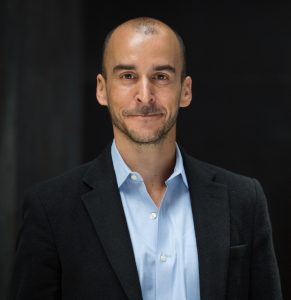
One thought on “SAGES English Lecturers”